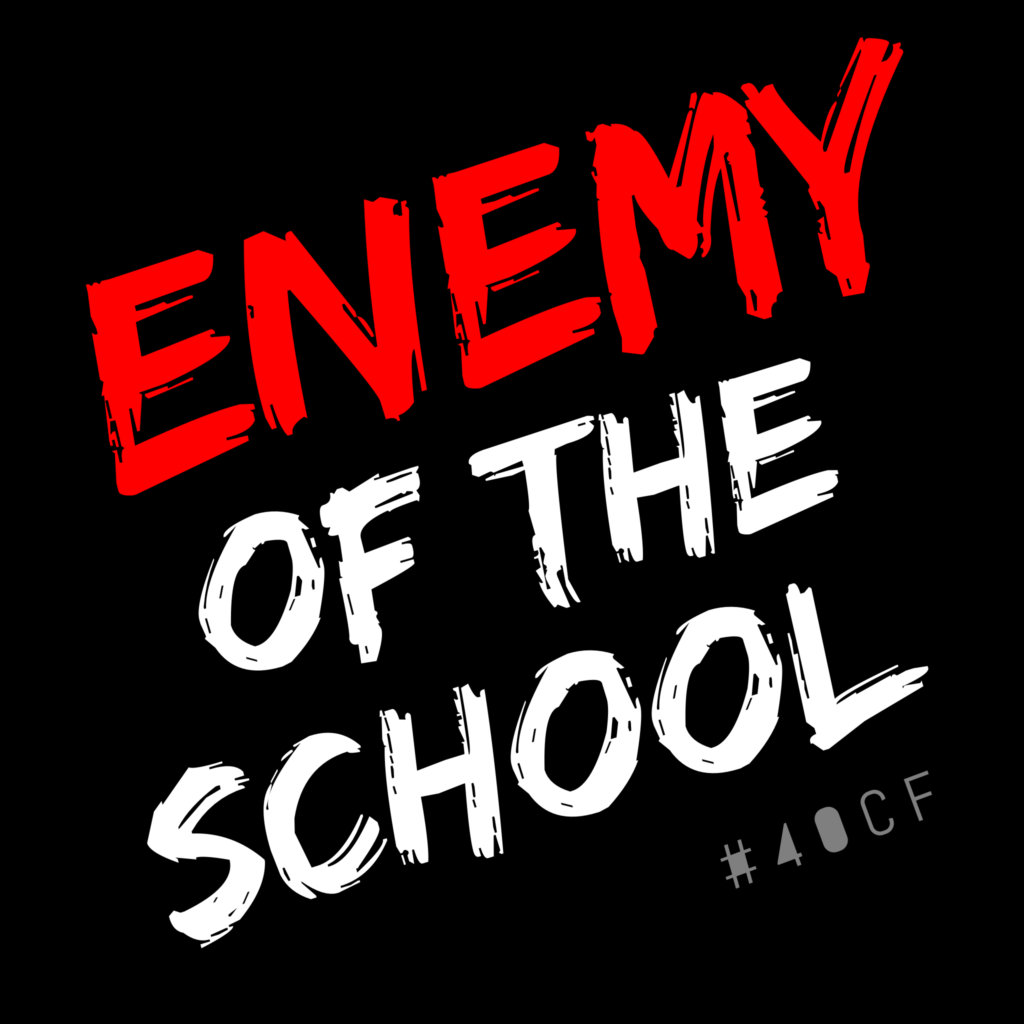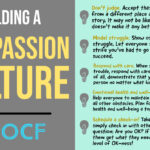I’ve been working in public education for nearly twenty years. I spent several years in the classroom as a fifth grade and basic skills teacher. I’ve worked with teachers as an instructional coach and technology coach. I’ve been a curriculum supervisor and a Director of Instruction. I’ve spent my last few years as a building Principal. I am a parent of three children who have gone to both public and private schools. As a child, I attended a small parochial school. I’d like to think of myself as an expert when it comes to schools.
Despite my experience, I always try to separate the roles that I play as educator and parent. It feels really awkward at certain moments. Especially Back to School Night. I usually walk into my child’s classroom, decked out in jeans, a sweatshirt, a hat, and sandals. I don’t want anyone to even recognize me as an educator. On this night, I am ready to be an involved parent. It’s impossible though to separate myself from my knowledge base as an educator.
“This year,” the teacher begins his prepared back to school night speech, “we will start each math class with a timed fact test. It’s important that students know their facts quickly.”
I’ve seen the research, and I’m already dubious of the first statement of the night. I want to sit there and enjoy the evening as any other non-teacher parent does. I really do. I try to scold myself internally. “Stop it, Rich. Just listen to what he has to say.” He’s doing what he believes is right for the students, including my child.
I realize, that like many other parents, I am an Enemy of the School. I think I know better. In fact, I know I know better. But it’s beside the point. I can’t listen for more than two minutes without making subtle judgments.
“What kind of novels will you be reading with students?”
“How will you provide advanced lessons or enrichment for my child?”
“How will you ensure that you’ve covered all academic standards with my child?”
“What happens if my child struggles?”
My questions take on a specifically curricular bend, but other parents also ask targeted questions. Everyone of those parents had the experience of attending school, and because of that experience, believe that they know best. In addition to expertise at being a student, parents also share expert status in knowing their children.
This is where the rub often lies. I’ve heard educators say, “If they only knew their child.” The educator sees certain behaviors or proclivities in the classroom and also deems himself as an expert on the child. One expert knows the student as a learner in school and the other expert knows the student as a child at home. The student can often take on very different roles in both settings, and this can lead to a very adversarial relationship between the teacher and parent.
The goal should be for both the teacher and the parent to share their expertise of the child in order to best support the child instead.
Keep this in mind as we prepare for parent-teacher conferences. No one wants to be an enemy of the school. Respect each other. Ask important questions, and be prepared to listen first.
Parents and educators both know the child. Let’s respect that fact. And respect each other.
Rich




